What’s New in Customer Data Compliance Regulations This Year
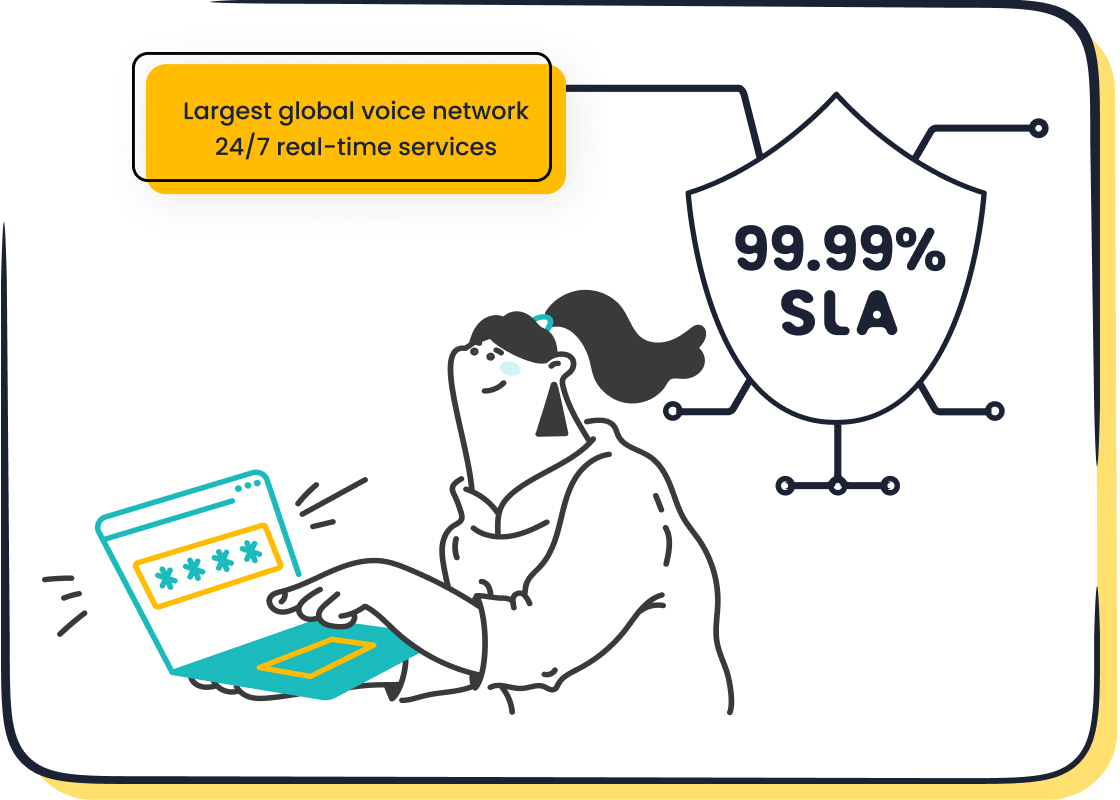
Customer data compliance faces major changes in 2025. New data privacy regulations now impose strict penalties for violations. Companies may pay up to €20 million or 4% of global turnover for severe breaches, as shown below:
| Violation Severity | Maximum Fine Amount |
|---|---|
| Severe Violations | Up to €20 million or 4% of global turnover |
| Less Severe Violations | Up to €10 million or 2% of global turnover |
Cloud intrusions surged by 75% last year, and 90% of Americans worry about privacy. These trends push businesses to rethink compliance and privacy strategies. Customer contact and ecommerce teams must act fast to protect data privacy. Sobot AI helps businesses manage privacy, meet compliance, and build trust. Companies that adapt now can avoid costly mistakes and keep customer trust strong.
2025 Customer Data Compliance Updates
New U.S. and Global Regulations
In 2025, customer data compliance faces a wave of new privacy and compliance laws. These regulations impact how companies collect, store, and use personal data. The United States continues to expand state privacy laws, with the CPRA setting stricter standards for handling sensitive personal data and personally identifiable information. More states now require businesses to update their data compliance framework and follow new privacy laws.
Globally, countries like Brazil and the U.K. have raised penalties for non-compliance. The U.K. increased its maximum fine from 500,000 GBP to 17.5 million GBP, aligning with GDPR enforcement. Brazil’s LGPD now allows fines up to 2% of company revenue, capped at 50 million Brazilian Reais per violation.
| Region | Key Numerical Indicator | Description |
|---|---|---|
| U.K. | Maximum fine increased from 500,000 GBP to 17.5 million GBP | Enhanced enforcement powers under the Data (Use and Access) Bill aligning with GDPR standards |
| Brazil | Fines up to 2% of company revenue, capped at 50 million Brazilian Reais per violation | Penalties for non-compliance under LGPD, including fines and possible suspension of data processing activities |
Companies must adapt their data compliance regulations to avoid costly penalties. Recent statistics show that 90% of compliance professionals find GDPR compliance difficult. Over 61% of risk professionals now prioritize staying updated with emerging data compliance regulations. Non-compliance can cost up to $5.05 million, much higher than average breach costs.
Note: 73% of U.S. consumers have increased concern about data privacy in recent years. Businesses must address these concerns to maintain trust.
Sector-Specific Rules for Contact Centers
Contact centers face unique challenges under new data compliance framework requirements. Regulations now demand stricter controls for handling personal and sensitive personal data. Industries such as banking, insurance, healthcare, and telecommunications must follow sector-specific rules to protect customer data compliance.
| Industry | Key Statistic / Metric | Implication for Contact Centers |
|---|---|---|
| Banking & Financial | Customer satisfaction rate of 79% | Reflects high demand for accurate, timely financial info |
| Insurance | 81% increase in customer retention due to quality service | Indicates importance of tailored customer service |
| Healthcare | Low call abandonment rate of 7% | Shows focus on accessibility and patient engagement |
| Telecommunications | 80% of centers use AI to improve service quality | Highlights adoption of technology to meet sector needs |
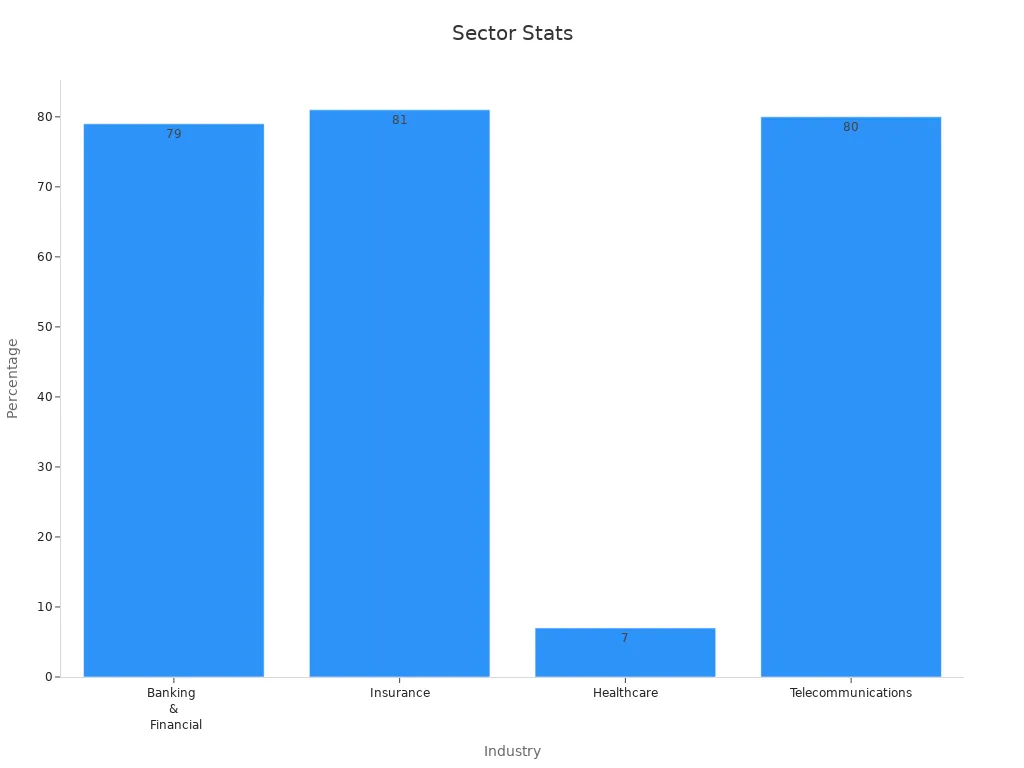
Sobot’s omnichannel solutions help contact centers meet these new data compliance regulations. The platform supports secure handling of personal data, integrates with updated data compliance framework standards, and enables businesses to comply with GDPR, CPRA, and state privacy laws. Sobot’s AI-driven tools also help reduce compliance risks and improve customer satisfaction.
Global Data Privacy Regulations Trends
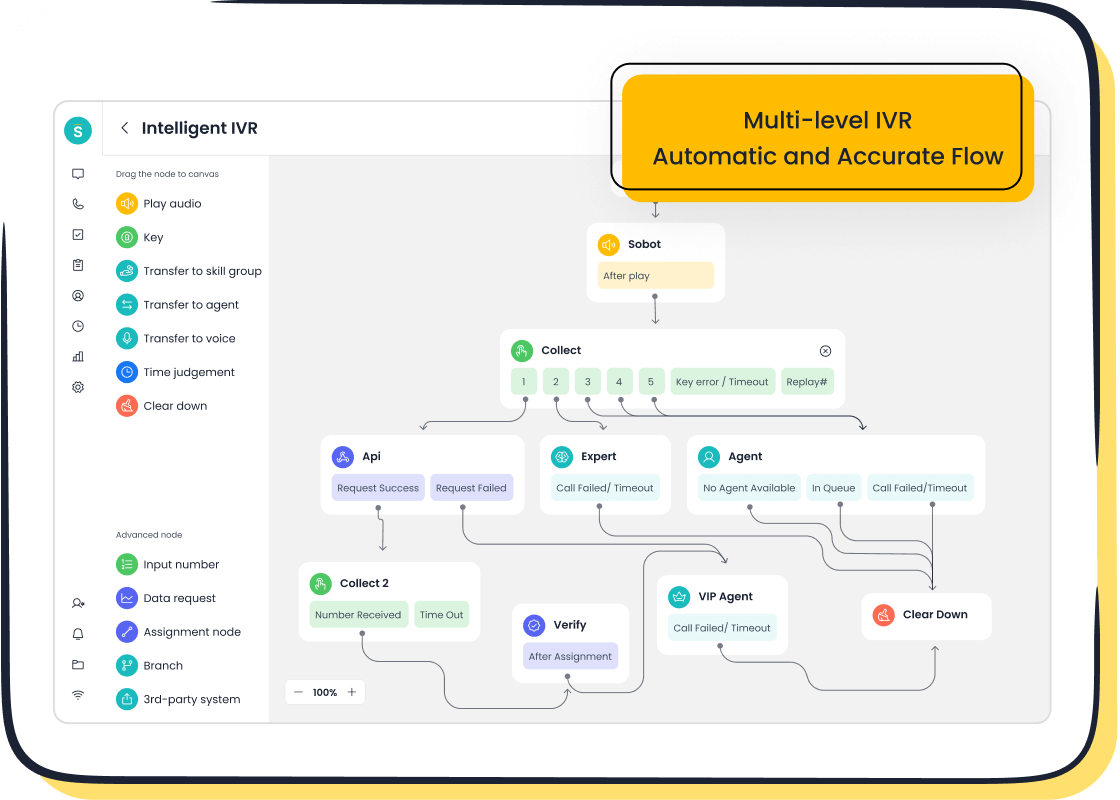
AI Governance and Automation
AI governance has become a central focus in global data privacy regulations. Organizations now face strict requirements to manage AI systems that process personal data. Many regulations demand that companies maintain detailed inventories of AI systems, classify risks, and map regulatory requirements. Tracking data lineage and transformation steps helps verify compliance with consent agreements and purpose limitations. Continuous monitoring of model performance, bias, and hallucination rates supports ethical AI operation and fairness.
Companies also measure compliance adherence and maintain audit trails to enhance transparency. Incident reporting and response metrics, such as detection and resolution times, show organizational readiness for data privacy challenges. For example, an e-commerce business can use these metrics to classify AI risk, track data usage, monitor bias, and quickly address incidents. This approach improves compliance, customer trust, and operational efficiency.
Sobot’s AI-powered solutions help businesses automate compliance tasks and monitor privacy risks. The platform provides real-time analytics, audit logs, and secure data handling, supporting organizations in meeting emerging global regulations and privacy developments.
- AI system inventory and risk classification
- Data lineage and transformation visibility
- Model performance and bias monitoring
- Compliance adherence and audit trails
- Incident reporting and response metrics
Data Localization and Cross-Border Transfers
Data localization and cross-border transfers have become major issues in data privacy and security. Many countries now require that personal data stays within national borders or follows strict transfer protocols. These regulations impact global trade and digital operations.
| Metric / Finding | Statistic / Percentage | Description |
|---|---|---|
| Firms making foreign purchases online | 60% | Majority of firms engage in cross-border online purchases |
| Firms making cross-border online sales | 50% | Half of firms conduct cross-border online sales |
| Firms citing data localization as a trade barrier | 45% | Firms see data localization as a medium to very high obstacle |
| Data localization as barrier in education sector | 57% | Highest sector-specific impact |
| Firms moving data storage inside EU due to GDPR | 30% | GDPR acts as a de facto data localization measure |
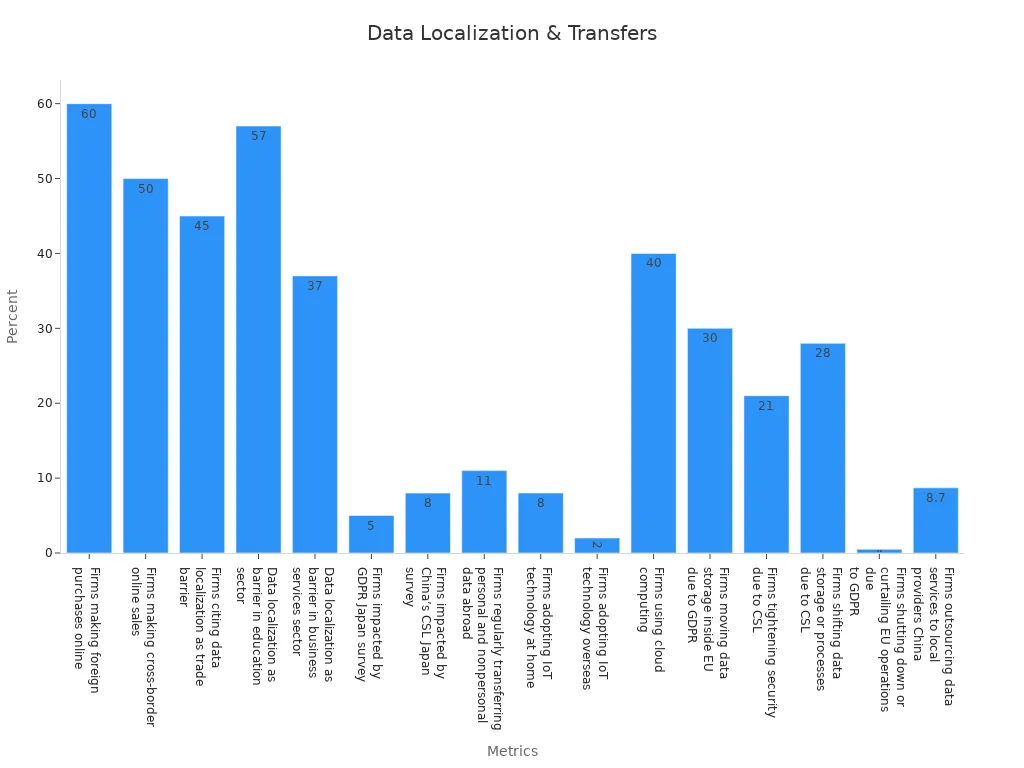
By the end of 2024, 75% of the global population will be covered by privacy regulations. Over 160 privacy laws exist worldwide, with more than 120 countries enforcing international data privacy laws. Many organizations now use privacy frameworks to manage compliance, but only 25% can report data breaches within 72 hours, as required by GDPR enforcement.
Sobot’s cloud-based contact center solutions support secure cross-border operations. The platform uses encrypted data transfer and complies with GDPR, CPRA, and other data compliance regulations, helping businesses navigate complex privacy requirements and maintain data protection.
Impact on Customer Service and Call Centers
Consent and Data Collection Changes
Customer service and call centers have seen major shifts in how they collect and manage consent for personal data. New data privacy laws require companies to get clear permission before collecting or using sensitive personal data. Many businesses now use privacy-by-design methods, building privacy and protection into every step of their customer service process.
- Surveys show that executives and consumers both notice changes in consent management. Companies must balance compliance with the need to use data for better customer relationships.
- Many firms use automated tools to manage consent and keep up with changing regulations. This helps them stay compliant while still using data to improve service.
- Research shows that 63% of German executives think GDPR adds business complexity, but 56% say it sets important global standards for data privacy.
- Retailers now use insights about how customers feel about privacy and trust. They frame consent requests in ways that make customers feel safe sharing their information.
- The patchwork of U.S. state laws, like the CCPA, creates challenges. Many industry groups want a single federal law to make compliance easier for everyone.
Companies also use data mining to find trends in customer behavior. They must do this ethically, always getting consent and following privacy laws. Long-term studies help track how consent and data collection practices change over time. Integration with online data sources and APIs makes it easier to collect data in a way that meets all regulatory requirements.
Note: Businesses that adapt their consent and data collection methods can keep customer trust high and avoid costly penalties.

Sobot Voice/Call Center Compliance Features
Sobot’s Voice/Call Center platform gives businesses powerful tools to meet new compliance standards in customer service. The system supports secure handling of personal and sensitive personal data, helping companies follow strict data privacy and protection rules.
Key compliance features include:
- Intelligent IVR and Smart Call Routing: These features ensure that personal data only goes to authorized agents. This reduces the risk of data leaks and supports privacy.
- Unified Workspace: Agents can see all customer information in one place, making it easier to manage consent and data privacy preferences.
- Encrypted Data Transfer: All calls and data exchanges use strong encryption. This protects personal data during every interaction.
- Real-Time Monitoring and Analytics: Managers can track compliance in real time. The system provides audit logs and alerts for any unusual activity.
- AI-Powered Voicebot: The voicebot helps automate consent collection and provides clear privacy notices to customers.
The impact of these features is clear in real-world results. For example, Opay, a leading financial service platform, used Sobot’s omnichannel solution to improve compliance and customer satisfaction. After implementing Sobot, Opay achieved a 90% customer satisfaction rate, reduced agent workload by 60%, and improved its Net Promoter Score by 35%. The company also saw a 15% increase in conversion rates and a 234% return on investment.
| Metric | Outcome/Value |
|---|---|
| Opay Customer Satisfaction | 90% |
| Agent Workload Reduction | 60% |
| Conversion Rate Increase | 15% |
| Net Promoter Score (NPS) | 35% improvement |
| Resolution Time | Under 1 minute (AI + Human) |
| Return on Investment (ROI) | 234% |
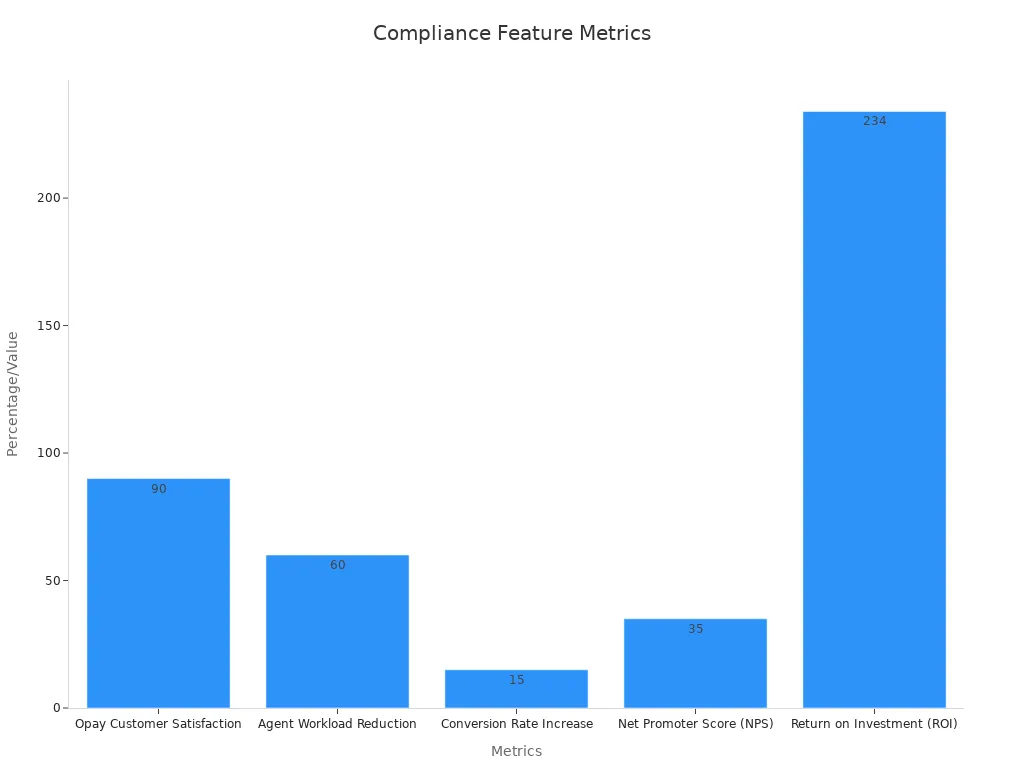
Other companies have also seen strong results by using AI-driven monitoring tools and updated training materials. For example:
| Company | Regulatory/Procedural Change | Intervention | Outcome/Impact |
|---|---|---|---|
| Company A | Compliance with regulatory scripts and protocols | AI-driven call monitoring and immediate coaching | Reduced compliance violations by 40% |
| Company X | New product line, updated agent knowledge | Quality monitoring and new training materials | Improved First Call Resolution by 25% |
| Company H | Agent morale affected by procedural changes | Flexible rewards and regular feedback meetings | Improved performance by 30% |
These examples show that strong compliance features not only protect personal data but also boost customer satisfaction and operational efficiency. Sobot’s Voice/Call Center helps businesses stay ahead of changing data privacy laws and build a reputation for trust and protection.
Practical Steps for Data Privacy Compliance

Policy and Training Updates
Organizations must update policies and training to keep up with evolving data privacy regulations. Clear policies set the foundation for strong compliance. Companies should review and revise their data privacy practices regularly. Security risk assessments help identify vulnerabilities and quantify risks. In 2023, healthcare organizations reported 739 significant data breaches, showing the urgent need for robust data protection.
Interactive training methods, such as quizzes and case studies, improve understanding. Tests after training sessions measure how well employees grasp compliance concepts. Surveys and independent evaluations provide credible evidence of program effectiveness. Quality assurance reviews track reductions in errors and improper claims. Outcome-based measures, like improved test scores and survey results, show real progress.
Tip: Companies that invest in ongoing training and policy updates see fewer compliance violations and build a culture of protection.
- 94% of customers refuse to do business with companies that lack secure data handling.
- 68% of people worldwide worry about online privacy, highlighting the need for clear consent management.
- 98% of businesses report privacy metrics to their boards, showing commitment to ongoing compliance.
Leveraging Sobot Solutions
Businesses can strengthen their data compliance strategy by using advanced tools like Sobot’s Voice/Call Center. Sobot offers seamless integration with existing systems, making it easy to unify customer data and communications. The platform uses encrypted data transfer to ensure data security and protection during every interaction.
Sobot’s AI-powered features automate consent collection and provide real-time monitoring. The intelligent IVR and smart call routing direct sensitive information only to authorized agents. The unified workspace allows agents to manage customer data privacy preferences efficiently. Sobot supports data de-identification and tokenization, helping companies comply with GDPR and CCPA.
| Sobot Feature | Compliance Benefit |
|---|---|
| Encrypted Data Transfer | Protects sensitive information |
| AI-Powered Voicebot | Automates consent and privacy notices |
| Unified Workspace | Centralizes data privacy management |
| Real-Time Analytics | Tracks compliance and detects risks |
Most companies now use compliance solutions to meet data privacy law requirements. The data privacy software market is expected to grow rapidly, reflecting increased investment in privacy technologies. Sobot’s solutions help businesses stay ahead of regulations, reduce risk, and maintain customer trust.
Preparing for Future Regulations
Monitoring Regulatory Changes
Organizations must stay alert to new regulations and adapt quickly. Predictive analytics now plays a key role in forecasting changes in data privacy requirements. Companies use historical data and advanced models to spot patterns that signal compliance risks. This proactive approach helps businesses prepare for new state privacy laws and global regulations.
- Predictive analytics identifies potential compliance risks before they occur.
- Dynamic risk assessments adapt to new data and regulatory shifts.
- Models quantify the likelihood and impact of breaches.
- Automated monitoring improves efficiency and real-time insight.
- Proactive strategies help allocate resources and target training.
| Metric | Description | Role in Predicting Regulatory Changes and Compliance Readiness |
|---|---|---|
| Compliance Training Completion Rate | Percentage of employees completing required compliance training within a timeframe. | Indicates organizational awareness and preparedness, reducing risk of breaches due to ignorance. |
| Incident Rate | Frequency of compliance breaches or incidents over a period. | Highlights vulnerabilities and effectiveness of controls; rising trends may signal emerging risks. |
| Response Time to Incidents | Average time taken to acknowledge, investigate, and resolve compliance incidents. | Measures agility in addressing issues; faster responses reduce impact and indicate proactive management. |
Continuous monitoring tools, such as those integrated in Sobot’s Voice/Call Center, scan for vulnerabilities and compliance gaps. Automated compliance software provides real-time updates, helping organizations adjust data privacy protocols as regulations evolve. This approach ensures ongoing alignment with GDPR, CCPA, and state privacy laws.
Regular audits and automated alerts help companies maintain audit trails and respond quickly to new regulations. This reduces the risk of breaches and costly penalties.
Building a Privacy-First Culture
A privacy-first culture starts with leadership and extends to every employee. Over 80% of consumers worry about how companies use their data. More than 140 countries have enacted or are drafting data privacy laws, making compliance a global priority. Organizations that lead in privacy often see higher customer satisfaction and greater innovation.
- Leadership must engage with privacy goals and align them with business objectives.
- Privacy training should be tailored by role, using creative engagement methods.
- Establishing privacy governance structures supports accountability.
- Integrating privacy into the employee lifecycle ensures ongoing awareness.
Sobot helps businesses embed privacy into daily operations. Its unified workspace and AI-driven compliance features make it easier for teams to manage data privacy and meet regulations. Companies that treat privacy as a brand promise, not just a legal requirement, build trust and resilience.
Privacy-first practices reduce risks of data breaches and regulatory penalties. They also support ethical business growth and long-term customer loyalty.
Regulatory changes for 2025 highlight the growing need for compliance in customer data management. Companies now face higher scrutiny, with 70% adopting AI and AI-related complaints rising by 50%. Consumer demand for responsible data practices has reached 75%. Leading organizations use strategies like AI governance committees and secure platforms. Sobot’s solutions help businesses maintain compliance, protect customer trust, and adapt to new standards. Staying informed and using advanced technology ensures operational efficiency and long-term success.
FAQ
What is customer data compliance and why does it matter?
Customer data compliance means following laws and rules that protect personal information. Companies must meet data compliance regulations to avoid fines and build trust. In 2023, 94% of customers refused to buy from businesses with poor data privacy practices. Source
How do new data compliance regulations affect customer contact centers?
New data compliance regulations require customer contact centers to collect consent, secure data, and monitor access. Sobot’s Voice/Call Center helps companies meet these standards with encrypted data transfer and real-time analytics. This reduces risks and improves customer satisfaction.
What steps can businesses take to improve data privacy compliance?
Businesses should update policies, train staff, and use secure platforms like Sobot. Regular audits, encrypted data handling, and automated consent tools help meet customer data compliance requirements. Over 98% of companies now report privacy metrics to their boards.
How does Sobot support data compliance for global operations?
Sobot provides encrypted data transfer, unified workspaces, and AI-powered monitoring. These features help companies follow global data compliance regulations, including GDPR and CPRA. Sobot’s solutions support secure customer contact across borders.
What happens if a company fails to follow data compliance regulations?
Companies that ignore data compliance regulations risk heavy fines and loss of customer trust. For example, GDPR violations can cost up to €20 million or 4% of global turnover. Strong data privacy practices protect both business reputation and customer relationships.
See Also
Discover The Leading Cloud Contact Centers For 2025
Comprehensive Review Of Best Contact Center Solutions 2024
Best Ten Customer Voice Software Platforms To Watch 2024
